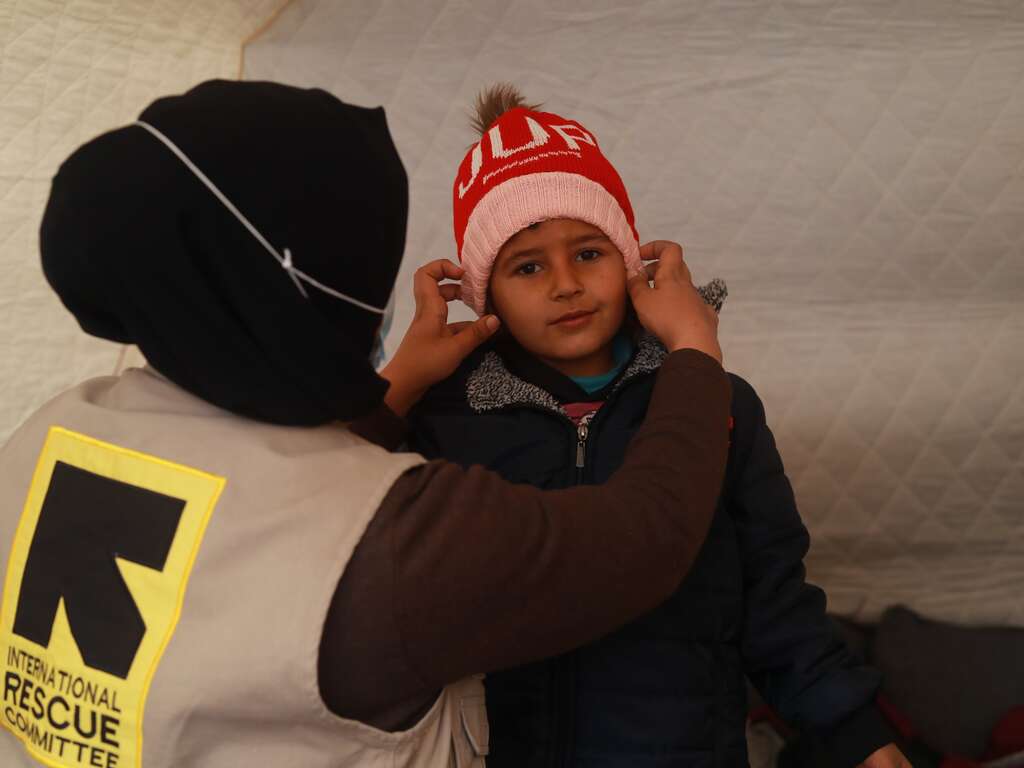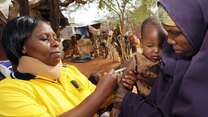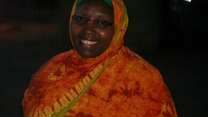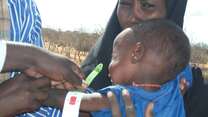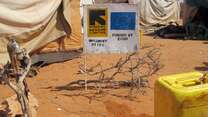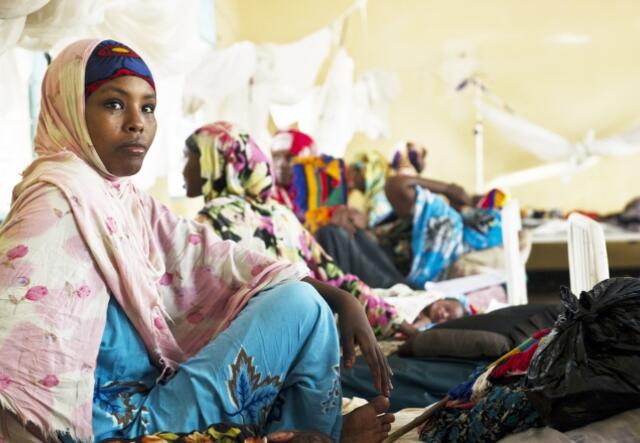
More than two years after the United Nations declared an official famine in Somalia, over one million people are still without adequate food, water, medical care and other essentials.
Drought in 2011
In 2011, a drought led to widespread famine across Somalia. Mass crop failure, a huge loss of livestock and soaring food prices saw the number of people going hungry reach the highest levels in nearly two decades. The famine, compounded by a brutal armed conflict, forced hundreds of thousands of Somalis to flee across the border into neighbouring countries.
Although emergency relief efforts and an exceptionally good harvest in 2012 helped bring an end to the famine, Somali refugees are still suffering from its effects and unable to return home.
Dadaab, 650,000 refugees in need
In Dadaab refugee camp, Kenya, over 650,000 Somali refugees require shelter, food, clean water, health care and education. Hamila, aged 37, is just one refugee who found herself alone and vulnerable having fled her home in Mogadishu. As Hamila explains, “I came to Dadaab with my clothes and my mobile phone. Everything else I left behind.”
To help refugees like Hamila, the IRC offers a range of critical services in over 40 countries around the world. In Dadaab, we give emergency food and fluids to severely malnourished children, we provide health care to women, and we offer education and skills training to help families earn a living.
The IRC's response in Kenya - Rebuilding lives
With wide ranging support from the IRC, Hamila began rebuilding her life in Dadaab. She married and a year later gave birth to quadruplets – Abdikadir, Hamze, Abdiaziz, Abdishakur. The IRC ensures women like Hamila receive essential health care during their pregnancies and specialist care to help deliver their babies safely. After their children are born, IRC health workers give women advice to keep their children well fed and free from disease.
As security improves in Somalia, the IRC has begun helping refugees who are returning home. The IRC builds and restores clean water sources, promotes safe hygiene, assists farmers with agricultural training, and helps communities remain safe for women and children.
The IRC is only able to transform the lives of refugees and displaced people thanks to the generosity of our dedicated supporters.
